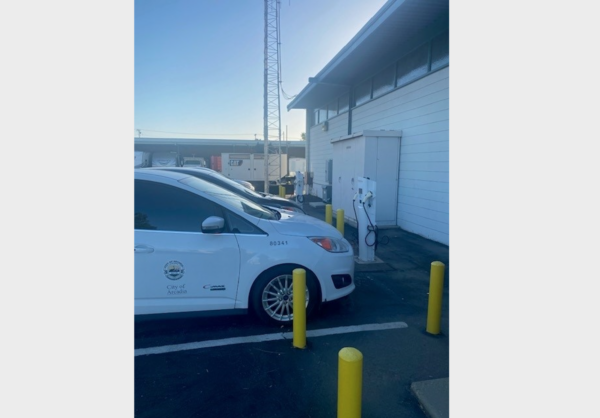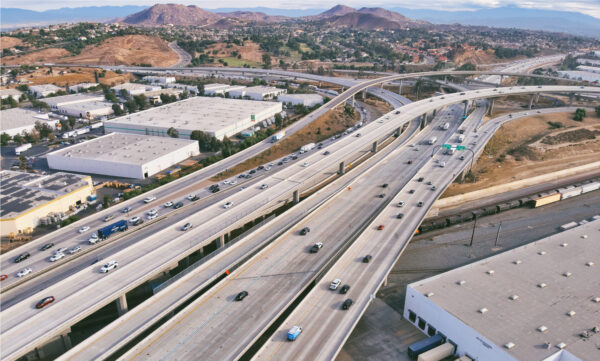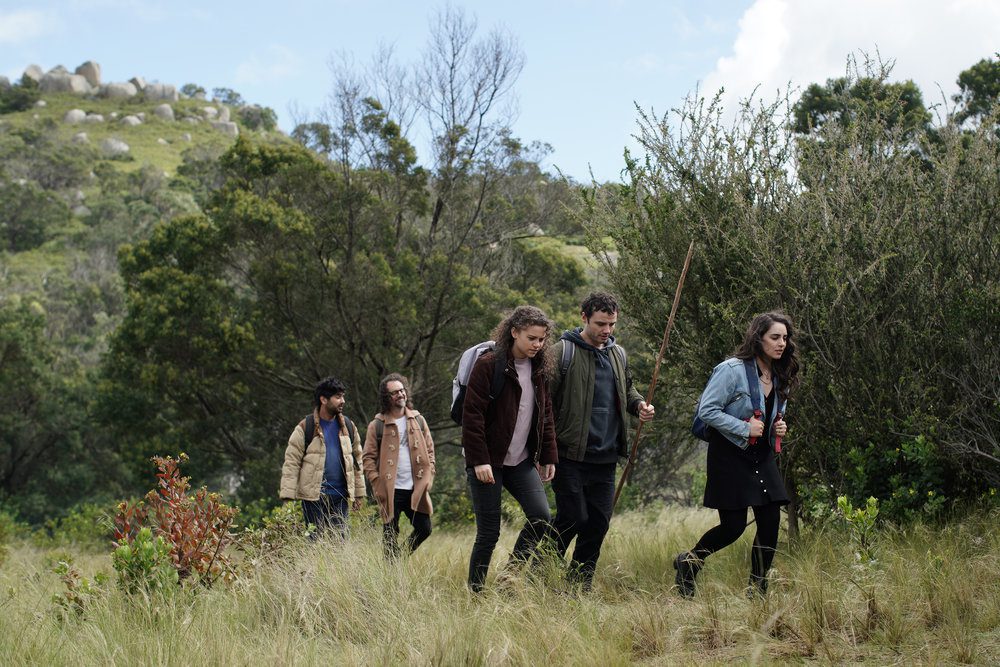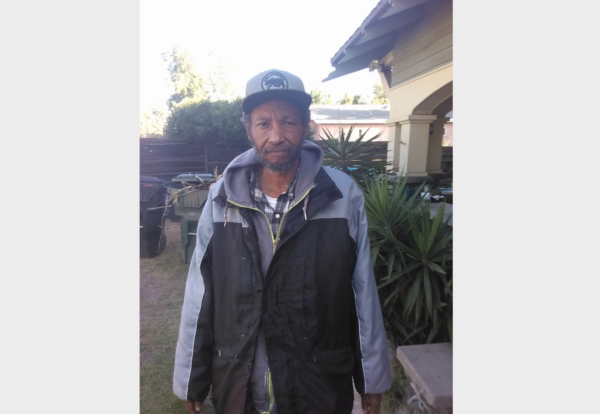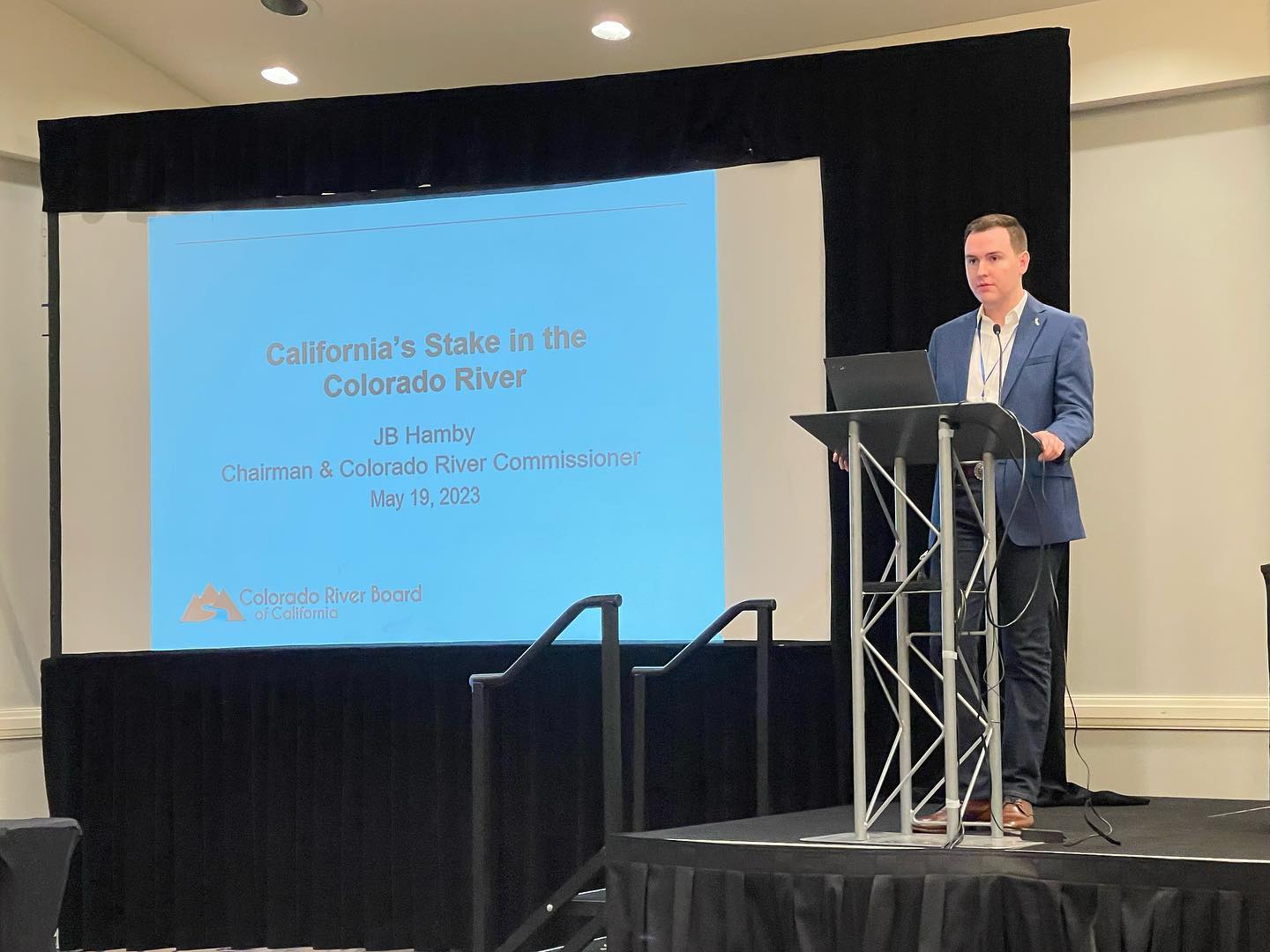Cities throughout the Los Angeles area and increasingly nationwide are taking steps to reduce climate-changing carbon emissions, conserve water and recycle. Arcadia officials shared a rundown of the city’s sustainability efforts.
“From wildfires to flooding, Arcadia has experienced the devastating impacts of climate change firsthand,” City Manager Dominic Lazzaretto said in a statement to Arcadia Weekly. “We have made smart investments into green technology that has improved our bottom line and enhanced operations.”
Water conservation
Conserving earth’s most essential resource increasingly has become a higher priority for officials at all levels of government. Deputy City Manager Justine Bruno shared these water-related efforts in Arcadia:
Regional stormwater reuse — Arcadia officials led the effort last year to organize a five-city Joint Powers Authority “to capture, treat and reuse stormwater regionally,” Bruno said in an email to Arcadia Weekly.
The JPA includes Bradbury, Duarte, Monrovia and Sierra Madre.
“By working together, the Cities will save hundreds of millions of dollars and capture more stormwater,” Bruno said.
Tiered water rates — Arcadia established in 2015 a tiered structure for water bills that encourages conservation through seasonal pricing and penalties for overusing water.
Drought tolerant landscaping — The city invested millions to convert all street medians “from water-intensive turf to drought-tolerant, water-wise landscaping,” Bruno said. “This conversion balances aesthetics with function and helps save hundreds of thousands of gallons of water annually.”
Two Arcadia parks have switched from natural grass to artificial turf has also occurred at two City parks and is planned for a third.
“The use of artificial turf over natural grass has saved the City water, hours of upkeep and maintenance, and results in more availability for programming and use,” Bruno said.
Civic Center Field and Eisenhower Memorial Park currently have artificial-turf fields, and the city also provided 40% of the expense to install artificial turf at Arcadia High School, Bruno said. The general public gets “40% use of the turf fields for programming as a result,” and the Arcadia Unified School District and the city have several joint-use agreements to share recreational space in order “to meet the needs of the entire community.”
Arcadia residents can also participate in the city’s incentive program that rewards homeowners who achieve significant water savings annually because they have put drought-tolerant landscaping on their properties.
Rebates — Arcadia offers rebate deals for residents that include 50% off showerheads and faucets and up to $500 in savings on pool and spa covers.
Energy efficiency
Clean Power Alliance — Arcadia was among the founding cities in the Clean Power Alliance that was established in 2017.
“It not only provides cost savings to customers over Southern California Edison rates, but allows them to choose up to 100% renewable energy for their homes and businesses,” Bruno said.
Currently the CPA has more than 30 member cities, including San Gabriel Valley neighbors Monrovia, Sierra Madre and South Pasadena.
“Clean Power Alliance currently serves municipal and commercial customers in South Pasadena, Rolling Hills Estates, and unincorporated LA County,” a CPA spokeswoman said. “As of February 2019, Clean Power Alliance began serving all residential customers in the following cities and counties: Agoura Hills, Alhambra, Arcadia, Beverly Hills, Calabasas, Camarillo, Carson, Claremont, Culver City, Downey, Hawaiian Gardens, Hawthorne, unincorporated Los Angeles County, Malibu, Manhattan Beach, Moorpark, Ojai, Oxnard, Paramount, Redondo Beach, Rolling Hills Estates, Santa Monica, Sierra Madre, Simi Valley, South Pasadena, Temple City, Thousand Oaks, Ventura, unincorporated Ventura County, West Hollywood, and Whittier.”
More information on the CPA is available at cleanpoweralliance.org/faqs.
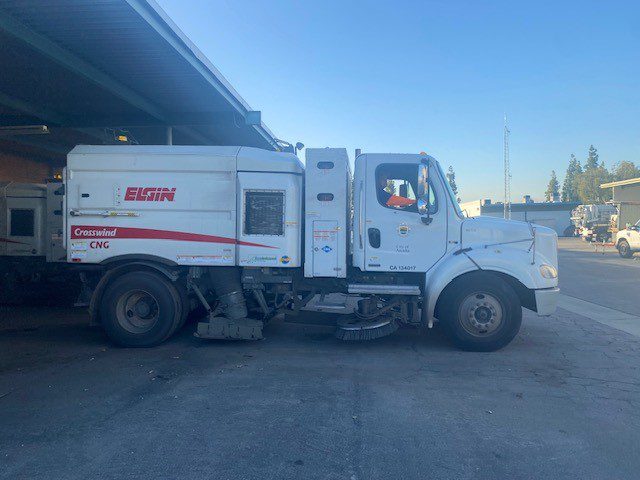
CNG facility and vehicles — Arcadia is building a compressed natural gas filling station to serve its fleet of “heavy-duty rolling stock assets,” such as street sweepers and transit busses, “that are powered by clean, compressed natural gas,” Bruno said.
EV chargers and electric vehicles — Seven level 2 EV chargers have been installed at city facilities, including the Arcadia Public Library, City Hall and the Public Works Services Center. The chargers are available for both city employees and public to use, and Bruno said the city is pursuing grant funding to increase EV charger availability at more city-owned locations.
Renewable diesel — Arcadia is purchasing renewable diesel instead of petroleum diesel to fuel its vehicles powered by diesel engines, helping reduce carbon dioxide and nitrogen emissions.
Trash and recycling
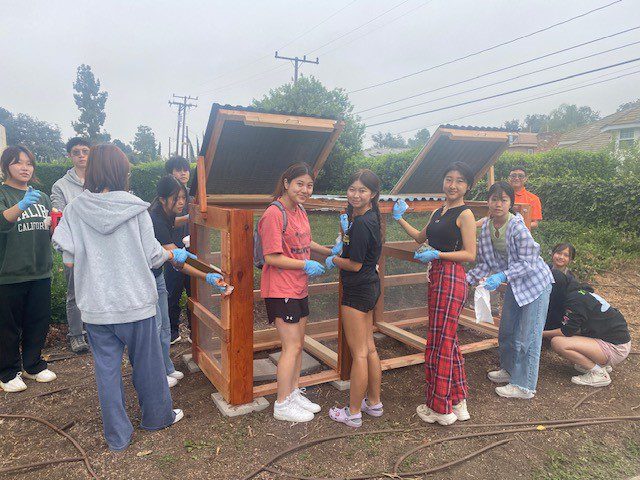
Compost to mulch initiative — This program lets residents swap their organic waste for freshly composted soil, which helps to conserve water, prevent soil erosion and mitigate the impacts of high temperatures on plants and soil.
Recycling — Arcadia has 10 solar-powered bins that collect recylables located throughout the community and has partnerships with grocery stores for plastic bag recycling, scrap yards for scrap metal recycling and automotive shops for used oil recycling.
From the vantage point of Arcadia, Lazzaretto summed up the rationale for why cities and counties are increasingly investing in sustainable technology and implementing sustainability policies: “By adopting sustainable practices, Arcadia is able to meet the demands of today, while providing for a cleaner, healthier tomorrow.”

